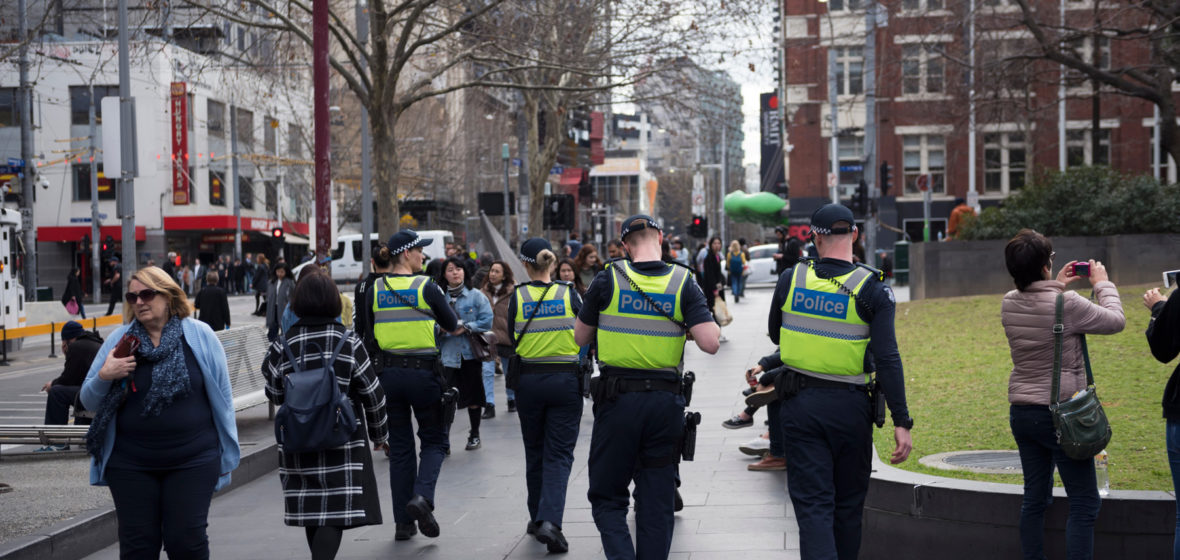Snapshot
- The Drug Supply Prohibition Order Pilot (‘DSPO’) is the latest scheme combining risk management and extraordinary police powers to address drug-related crime.
- DSPOs are determined without application of the rules of evidence and with significantly diminished procedural justice.
- This controversial pilot begs the question: does the risk of serious drug-related crime justify exceptional and pre-emptive policing?
The Drug Supply Prohibition Order (‘DSPO’) is the product of a newly operating two year pilot scheme in New South Wales that infuses another risk management tool into the criminal justice system. The DSPO Pilot commenced on 16 May 2022 with the Drug Supply Prohibition Order Pilot Scheme Act 2020 (NSW) (‘the Act’) to specifically target serious drug-related crime. The Act sits among an increasing range of legislative instruments changing the way policing occurs by giving police extraordinary powers. For example, the power to search a person and their residence unencumbered by ordinary limits on police powers (s 4 the Act; see Law Enforcement (Powers and Responsibilities Act) 2002 (NSW)). Such unusual police powers that expose targets to onerous monitoring and potential criminal punishment without requiring any reasonable suspicion of further criminal offending were once considered a special measure reserved for ‘exceptional’ threats.
The 2020 Second Reading Speech of David Elliott, then Minister for Police and Emergency Services, said the DSPO Pilot (‘the Pilot’) would provide ‘more tools to police to disrupt the supply and manufacture of prohibited drugs.’ The types of offending that cause someone to become eligible for a DSPO are covered broadly under the Drug Misuse and Trafficking Act 1985 (NSW), such as cultivation of prohibited plants, manufacture offences, e.g. possession of a tablet press, and some supply type offences. Notably, possession of a prohibited drug is not among these offences. Whilst the Pilot is intended to help police respond to organised drug-related crime, it could equally be used to target drug offending toward the lower end of the criminal spectrum as observed by the Law Society in their letter to the Attorney-General in 2020:
‘[A] 19-year-old person, previously convicted as a juvenile, and placed on a community-based order for deemed supply of five to six MDMA pills (“indictable quantity”) at a festival, could be subject to these extraordinary powers, if a police officer reasonably believes they may be engaging in supply of a prohibited drug’.




